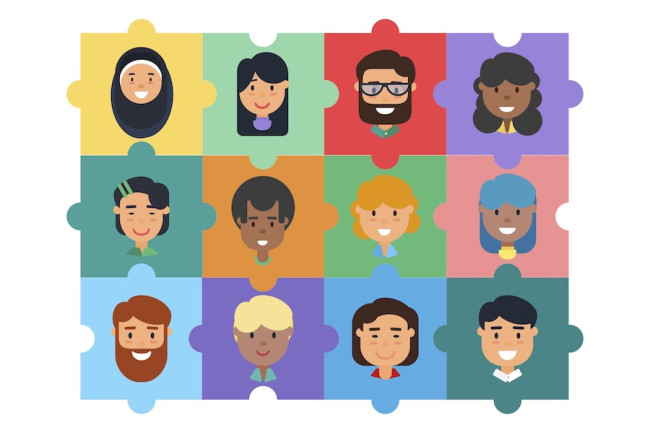In today’s rapidly evolving business landscape, diversity, equity, and inclusion (DEI) have become more than just buzzwords. They are essential components of successful businesses, driving innovation, creativity, and productivity. As a recruitment agency, we understand the importance of building diverse teams and creating inclusive workplaces.
Why Diversity Matters
Diversity brings together people with different backgrounds, experiences, and perspectives. This diversity of thought fosters innovation and problem-solving, leading to better decision-making and business outcomes. Companies with diverse teams are more adaptable and better equipped to navigate complex challenges.
Our Commitment to Diversity
At Data Science District, we are committed to fostering diversity, equity, and inclusion in the workplace. We believe that everyone deserves an equal opportunity to succeed, regardless of their background. We stand for diversity, and we work with clients who share our commitment to creating inclusive workplaces.
Inclusive Recruitment Practices
We prioritize relevant experience over everything else. We do not discriminate based on race, gender, ethnicity, or any other factor. Our goal is to connect the right candidate with the right opportunity, ensuring a perfect fit for both the candidate and the company.
Supporting Candidates from Diverse Backgrounds
We understand that navigating the job market can be challenging, especially for candidates from underrepresented backgrounds. That’s why we offer a range of support services, including resume building assistance, interview preparation, and guidance on finding freelance opportunities.
Creating an Inclusive Workplace
Our commitment to diversity doesn’t end with recruitment. We also work with companies to create inclusive workplaces where everyone feels valued and respected. From diversity training workshops to equity and inclusion consulting, we provide the tools and support needed to build a truly inclusive culture.
Join Us
Join us in building a diverse, equitable, and inclusive workplace where everyone has an equal opportunity to succeed. Together, we can create a better, more inclusive future for all.
If you have any questions or would like to learn more about our diversity and inclusion initiatives, please don’t hesitate to reach out. We’re here to help.
